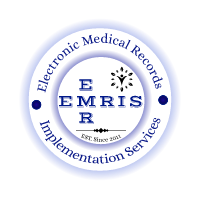The eligible professional performs medication reconciliation for more than 50 percent of transitions of care in which the patient is transitioned into the care of the eligible professional.
Clinical Importance
The medication reconciliation process can help reduce medication errors that are especially common among patients who use multiple pharmacies, have co-morbidity factors, and multiple healthcare providers. Creating an accurate medication list is important to patient safety. Medication errors can be reduced by capturing a complete and accurate list of the medications a patient is taking (including non-prescription and alternative medications) and comparing this list with both documentation in the patient’s medical record during ambulatory care visits and the physician’s admission, transfer, and/or discharge orders in inpatient settings.
